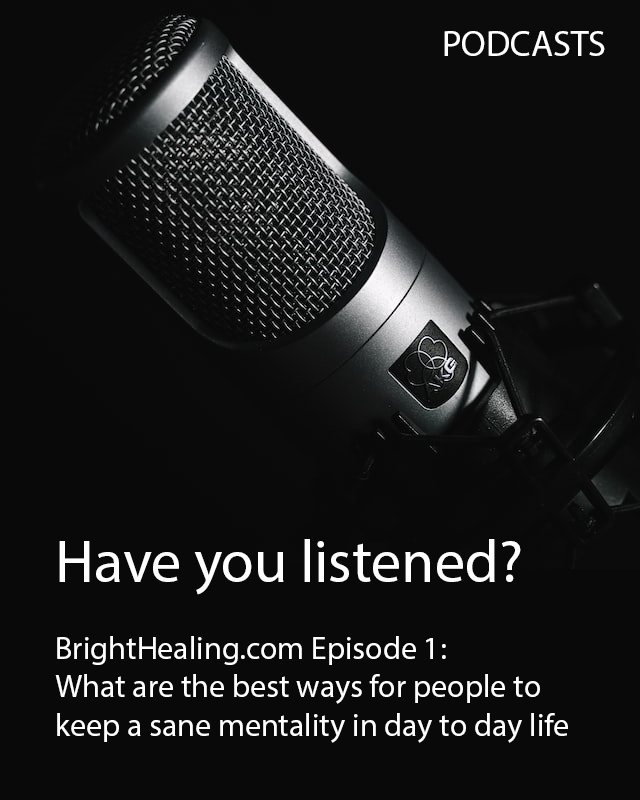Anxiety disorders are the most common mental health condition in the United States, affecting 40 million adults. If you have anxiety, you may feel overwhelmed, have difficulty concentrating or sleeping, and experience physical symptoms like a racing heart or sweating.
There are different types of anxiety disorders, each with its own set of symptoms. The most common are generalised anxiety disorder (GAD), panic disorder, social anxiety disorder (SAD) and phobias.
GAD is characterised by persistent and excessive worry about everyday things such as health, work or finances. People with GAD often feel they can’t control their worry and it interferes with their daily life.
Panic disorder is characterised by sudden and unexpected bouts of intense fear or discomfort (panic attacks). These can happen without any obvious trigger and may be accompanied by physical symptoms such as a racing heart, chest pain or shortness of breath. Panic attacks can be very frightening and may lead to avoidance of situations where they might occur again (such as driving or being in crowded places).
SAD is marked by intense fear or anxiety around social situations such as meeting new people, public speaking or going to parties. This can lead to avoiding these situations altogether which can.
Read More »What to Say to Someone Who Has Anxiety






